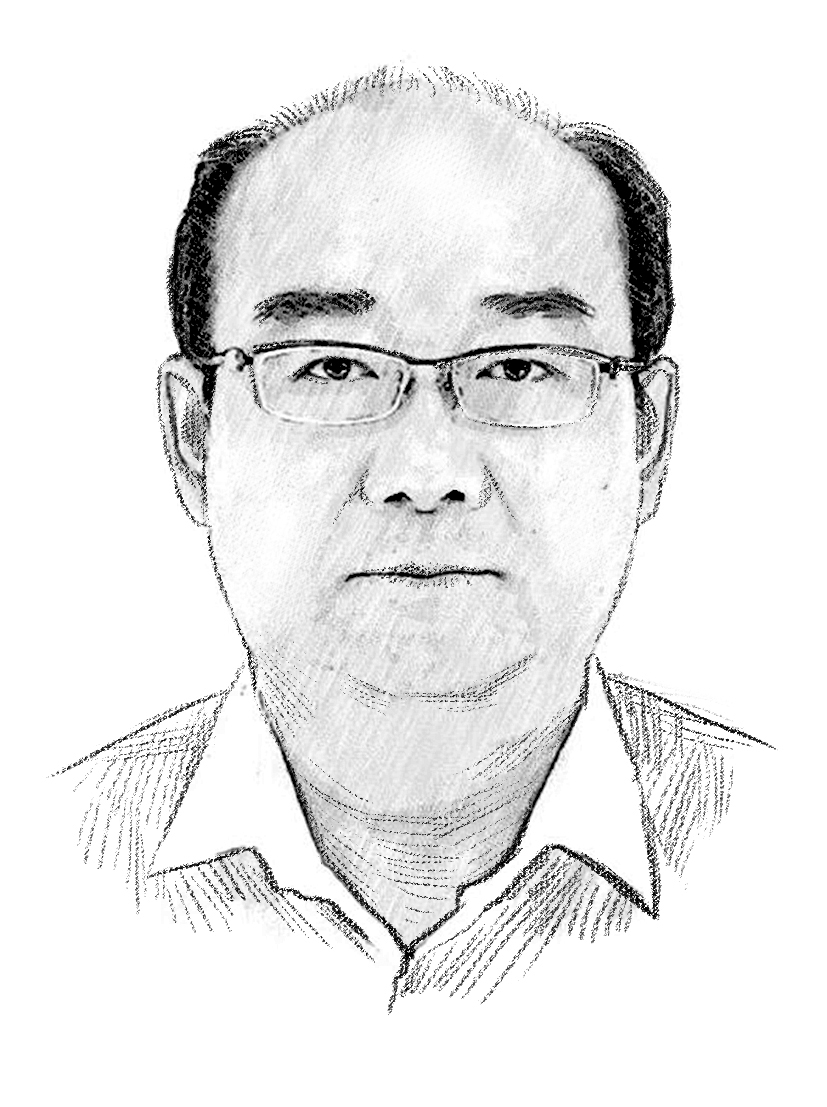Plenum marks milestone in further reform


China adapting to demographic shifts
The communique issued by the third plenary session of the 20th Communist Party of China Central Committee has sent a crucial message: Chinese modernization isn't just about economic growth, but also about adapting to the profound demographic shifts.
The third plenum's call to "improve the systems for facilitating population development and providing related services" is a fundamental policy to ensure the wellbeing of the people of a nation in transition.
China has reached a demographic crossroad. It has transitioned from a period of high birth rates to a very low fertility rate and rising life expectancy. That life expectancy in China has increased to more than 78 years is a testament to China's advancements in healthcare and people's living standards. What is concerning, though, is the dramatic decline in the total fertility rate, from more than 6 in the mid-20th century to 1.3 in 2020.
To address these challenges, China needs to adopt a three-pronged strategy.
To begin with, the government needs to provide early childhood support for new parents. The goal of 4.5 childcare spots per 1,000 people, as specified in the 14th Five-Year Plan (2021-25), is not just a statistic, but a necessary step toward creating an environment where families can grow with confidence.
Also, more policies should be drafted to reduce the costs of childbirth, child-raising and education.
And providing effective eldercare services is very important. With China's population aging rapidly, it is imperative that the government builds a robust support system for elderly people, including improving the pension system, basic pension services and health and long-term care for the elderly.
China's approach to dealing with the demographic challenges is not merely about managing numbers, but about building a future in which life is supported at every stage. By focusing on early childhood, fertility and eldercare, the government can better cope with the demographic shifts.
The views don't necessarily reflect those of China Daily.
























